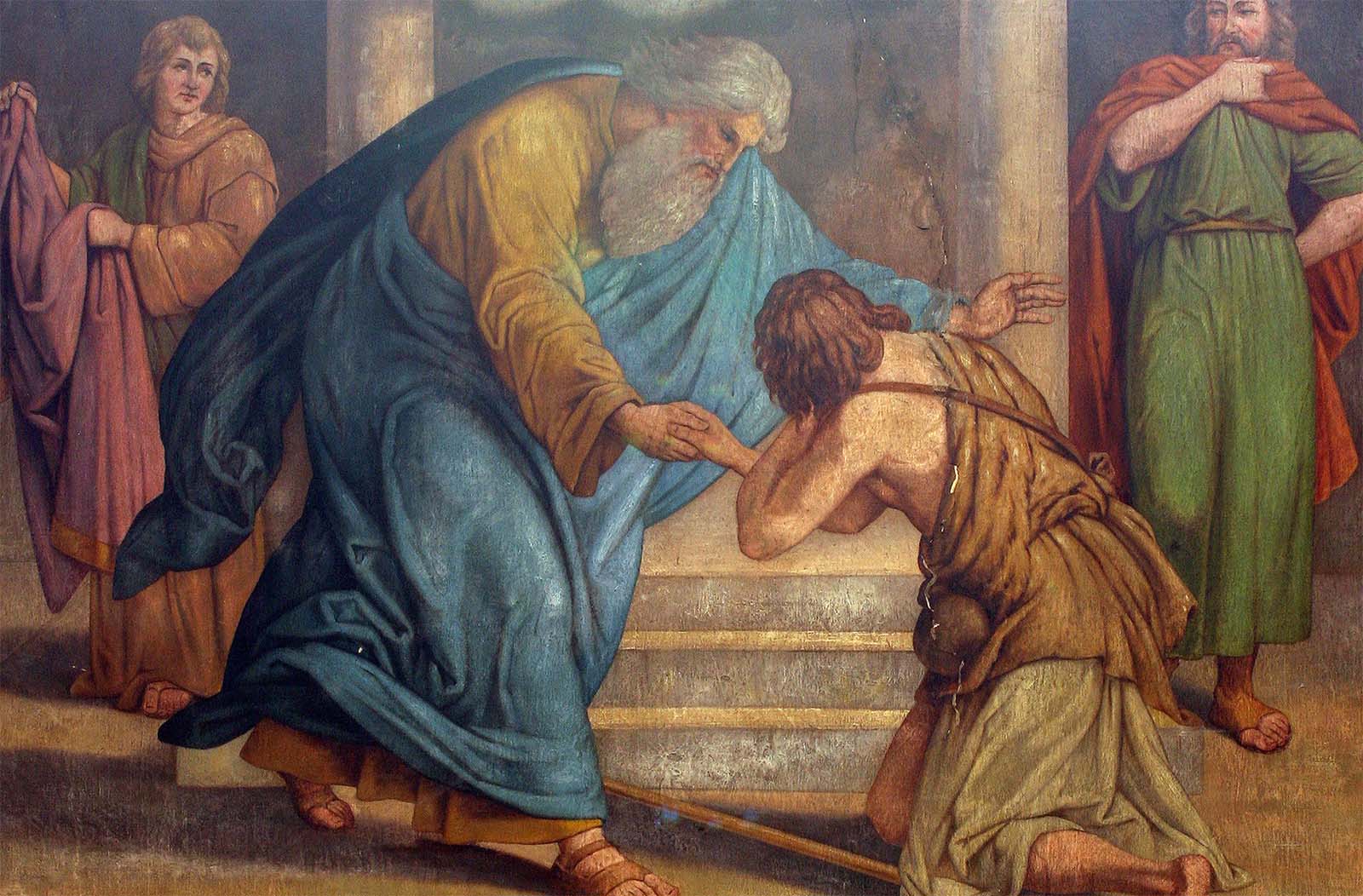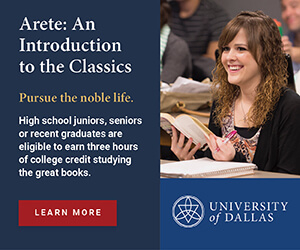Have you ever come to a realization at some point in your life where you understand your goal, but can’t quite seem to take the steps to reach it? Your goal could be anything from getting a new job to losing some weight to starting a good daily habit. But for some reason, we can’t focus our minds to pursue the goal? We could be lazy, procrastinating, unsure how to proceed, or just plain confused at why we can’t complete our objective.
Josh Raymond likened this phenomenon to a time when he was on a family road trip. After stopping one day at a fast-food restaurant for lunch, his 4-year-old son asked if he could go order a burger. His wife agreed, handed him some cash, and told him how to go about ordering. The small boy walked up to the cashier, had a conversation, handed over the cash, and then sullenly walked back to the table. Josh asked his son if he ordered a burger. “No.” What happened? What did you buy? “A corndog.” After going around in circles asking questions, they finally asked him why he ordered a corn dog if he wanted a burger. “I don’t know.”
We often know what we want, we’re clear on the steps we have to take to get there, but we just can’t do it. We know how to become great sons and daughters of God. We know how to be faithful servants and disciples. Why aren’t we all excelling all the time? Josh welcomed Monsignor Tom Richter onto The Inner Life to discuss the process of taking what we know as Catholics and transforming that knowledge into action and exercise of our faith.
Josh began by explaining that this is not an uncommon scenario. Everybody goes through this process of analyzing the things they should do versus the things they actually do. St. Paul talked about this very problem that he struggled with himself. “What I do, I do not understand. For I do not do what I want, but I do what I hate…For I do not do the good I want, but I do the evil I do not want.” (Romans 7:16, 19) Often, the things we do hate are instant, short-term gratification things that we “want” in the moment but are bad for us in the long term. Those long-term goals that we truly desire are what we have trouble attaining.
Josh asked Msgr. Richter how we can take our “intellectual faith” and transform it into a “lived-out faith”. He responded, saying that he wants to be careful not to convey a sense of Pelagianism. Pelagianism was the belief that original sin did not corrupt human souls and we have the ability to attain perfection through our free will. In other words, Pelagianism said we could get better at goal pursuance through sheer force of will. “What needs to happen is I need to receive grace. I need to receive grace so I am free to do what good I know I should be doing. And that has to happen by God doing this for me and I receive it by the exercise of the theological virtues of faith and hope,” said Msgr. Richter.
The way to begin living as a true disciple is actually the opposite of Pelagianism. Instead of taking more control with our will, we should surrender more control to God. We need to live more by faith and therefore, hand the controls to Our Lord. He will be the one to steer us onto the right track. We cannot do it without Him or His grace. That’s not to say that we must simply do nothing, and it will happen to us. To hand control to God, we need to activate our interior life. We need to activate our prayer life. Without prayer, we have no relationship with God. “But he said in reply, ‘Amen, I say to you, I do not know you.’” (Matthew 25:12)
Msgr. Richter went on to say that the Catechism defines faith as both a “gift of God and a human act”. That human act, when completed by a believer who fully adheres to the teachings of Jesus Christ, is an act of faith. “Faith is a grace which enables me to personally adhere to God and what God has revealed. And that’s where this whole process needs to begin in order for me to get freed so I can do the good that the Lord wants me to do.”
Msgr. gave us a scriptural example of the choice to embrace a life of faith. The elder son in the story of the prodigal son returns to the house from the fields to find that his brother is being given the royal treatment. They slaughtered the fatted calf and threw a party in his honor. He confronts his father and says that he was never given so much as a goat to have a party with his friends. The father replies, “‘My son, you are here with me always; everything I have is yours.’” (Luke 15:31) The elder son has a choice. Is he going to trust this close-minded experience of his, or is he going to open himself to what has been revealed by the Father and embrace the truth?
“This is the heart and soul of living by faith.”
Listen to the whole segment below:
Tune in to The Inner Life weekdays at 11am CT


